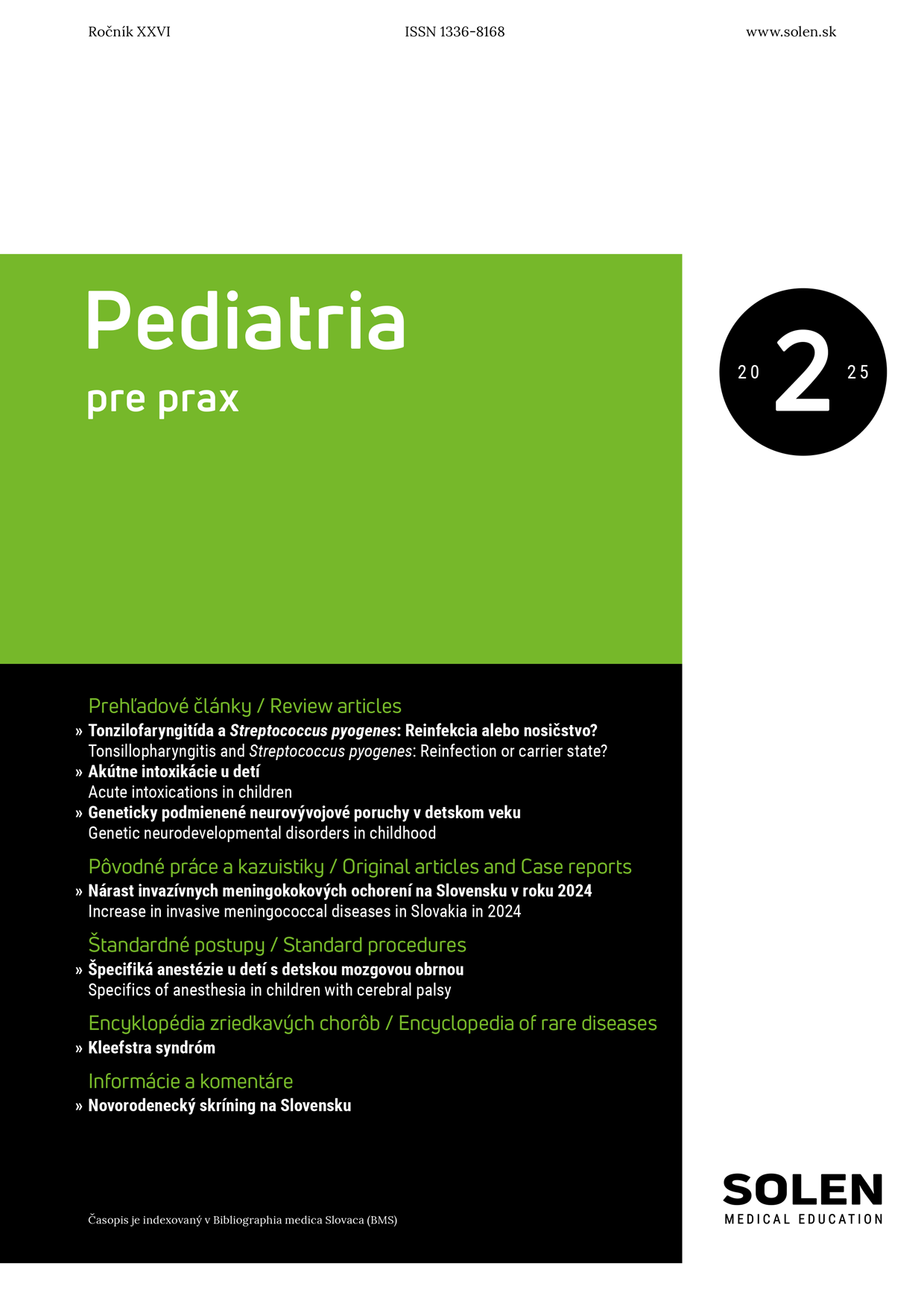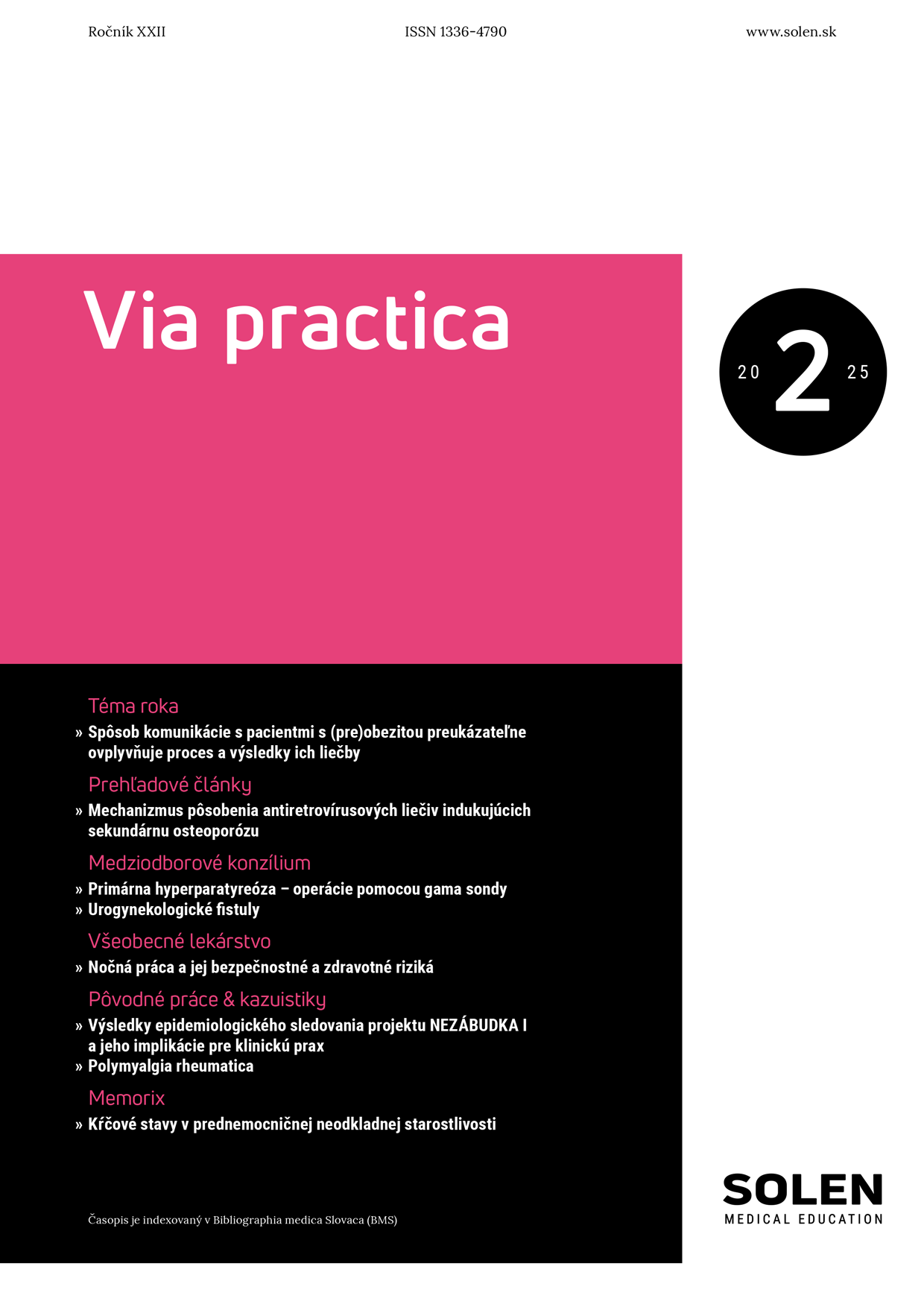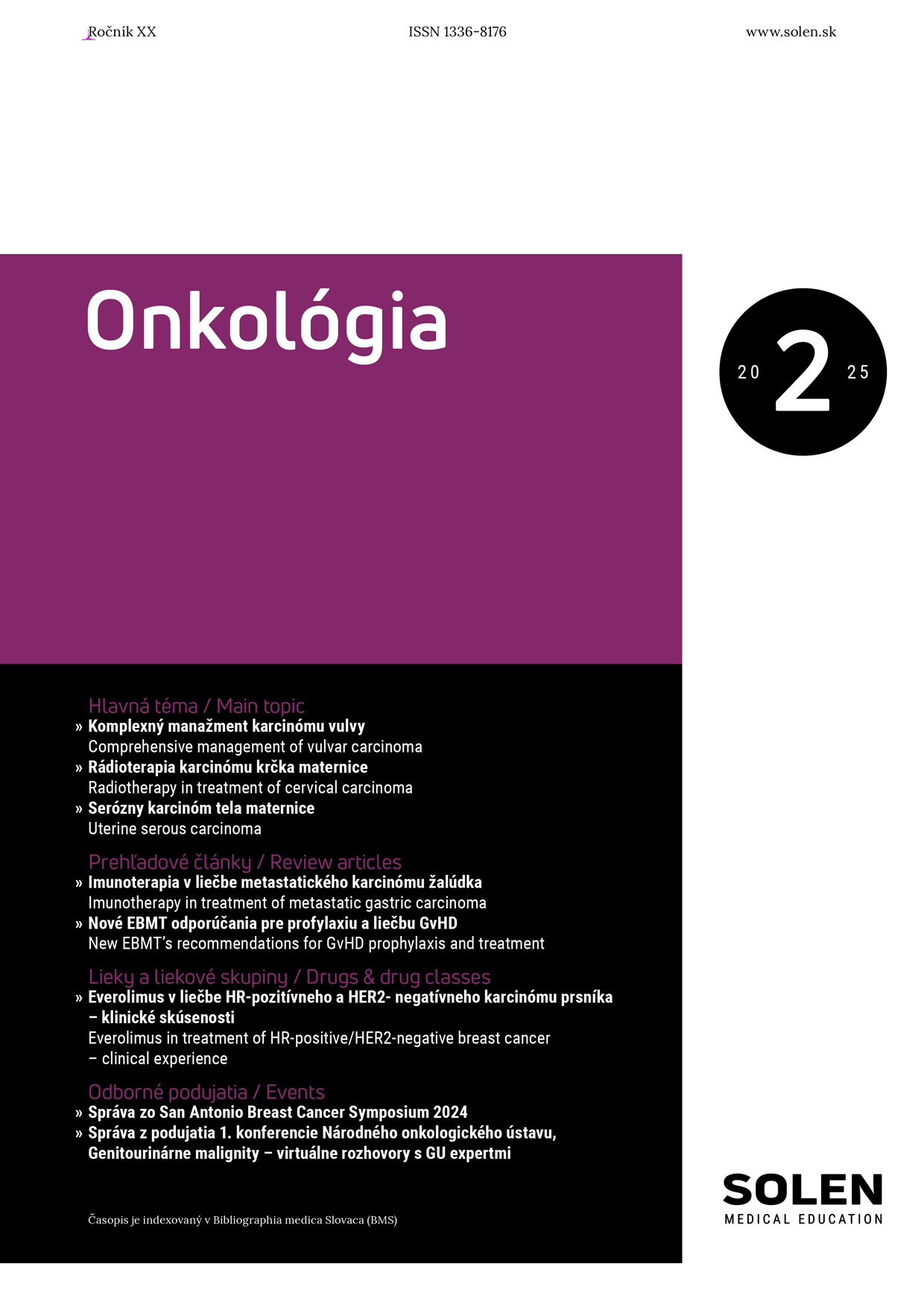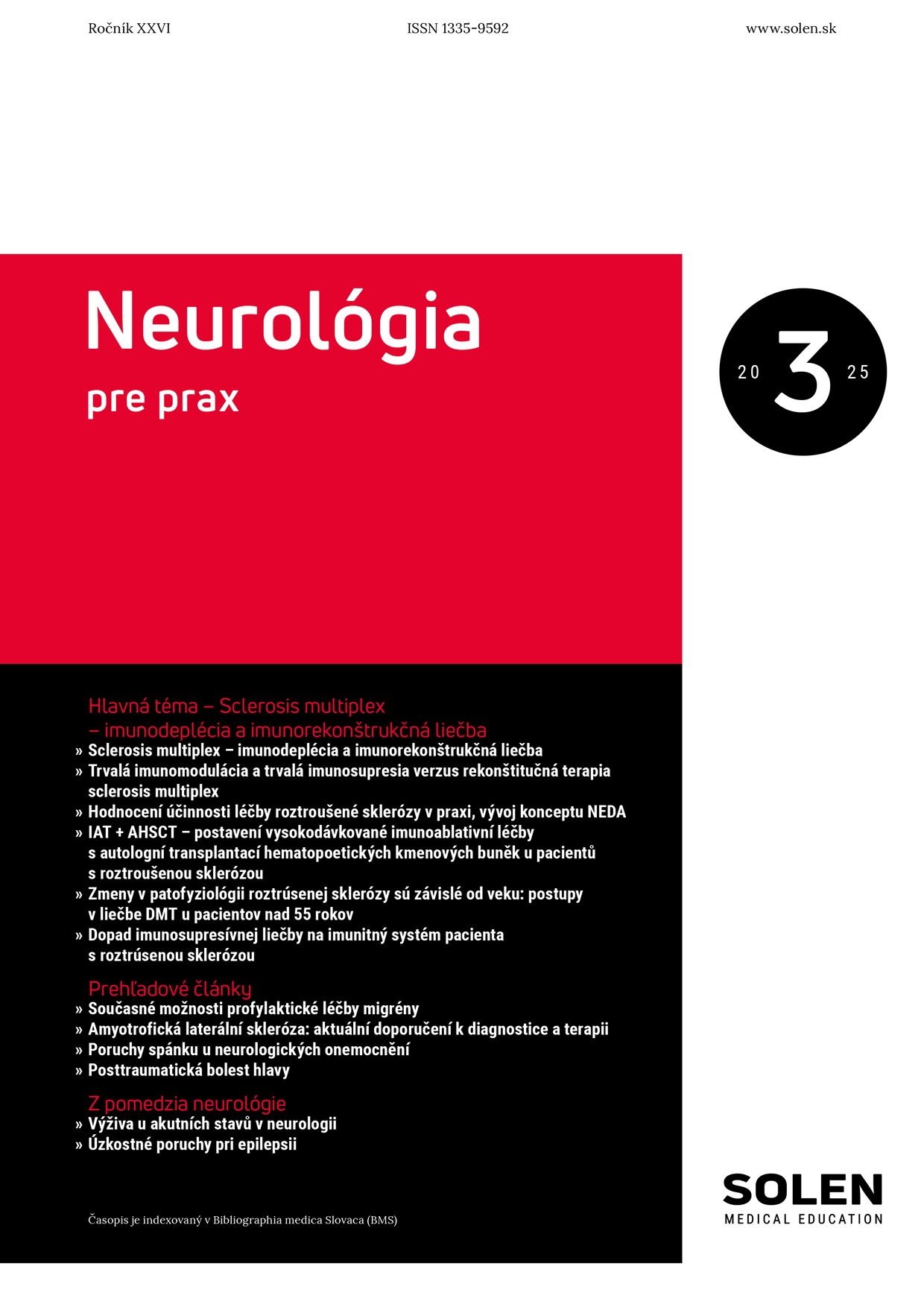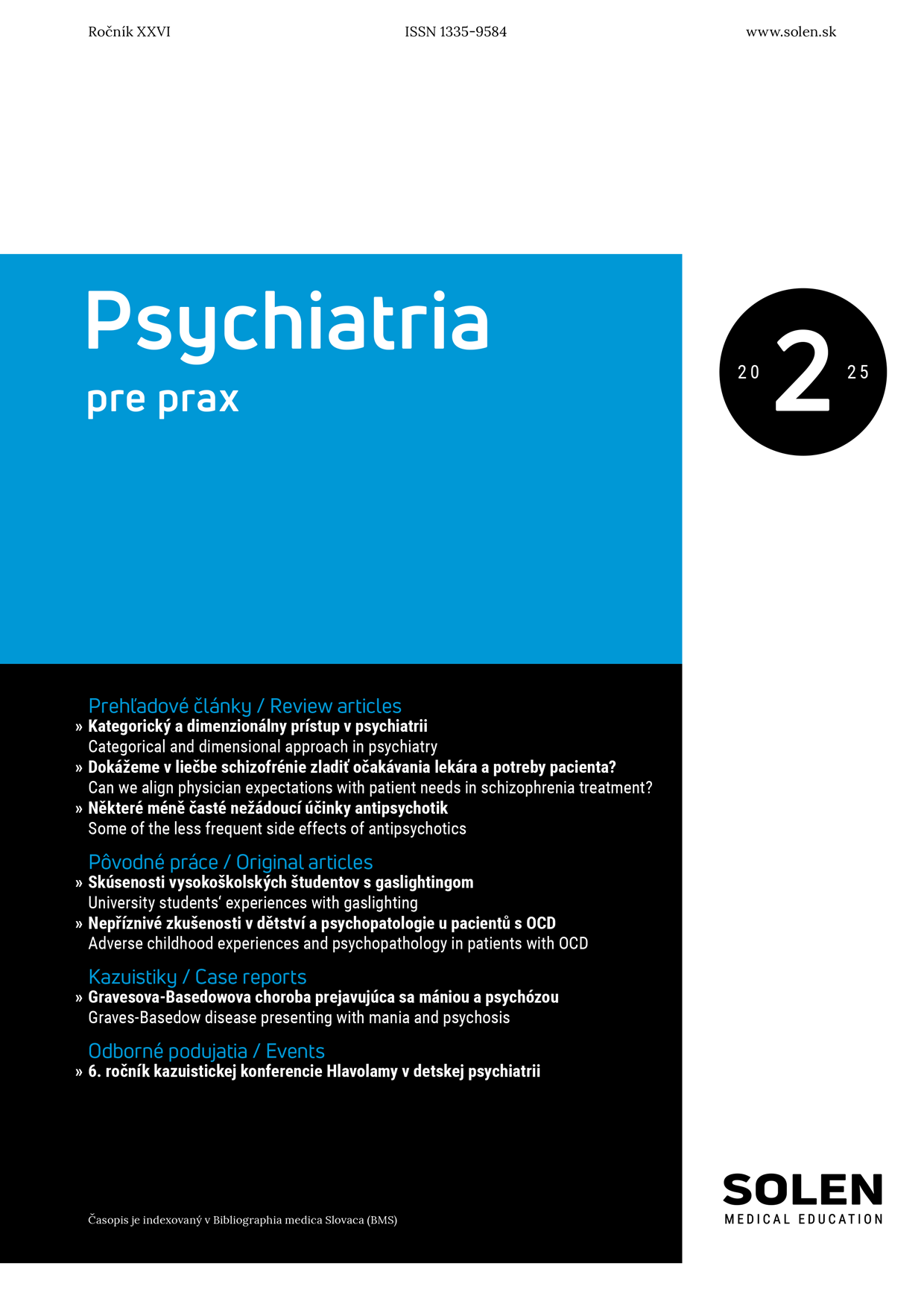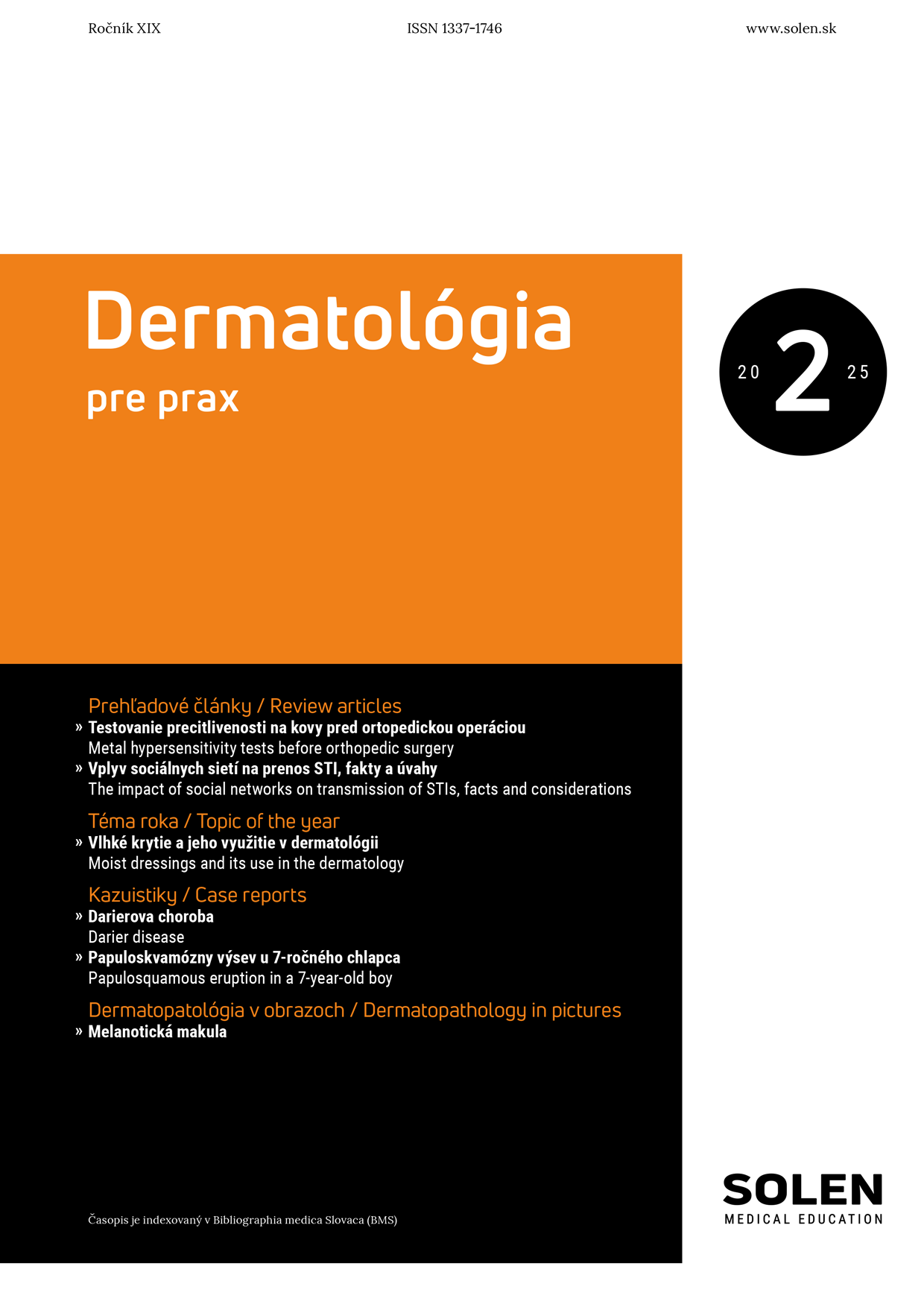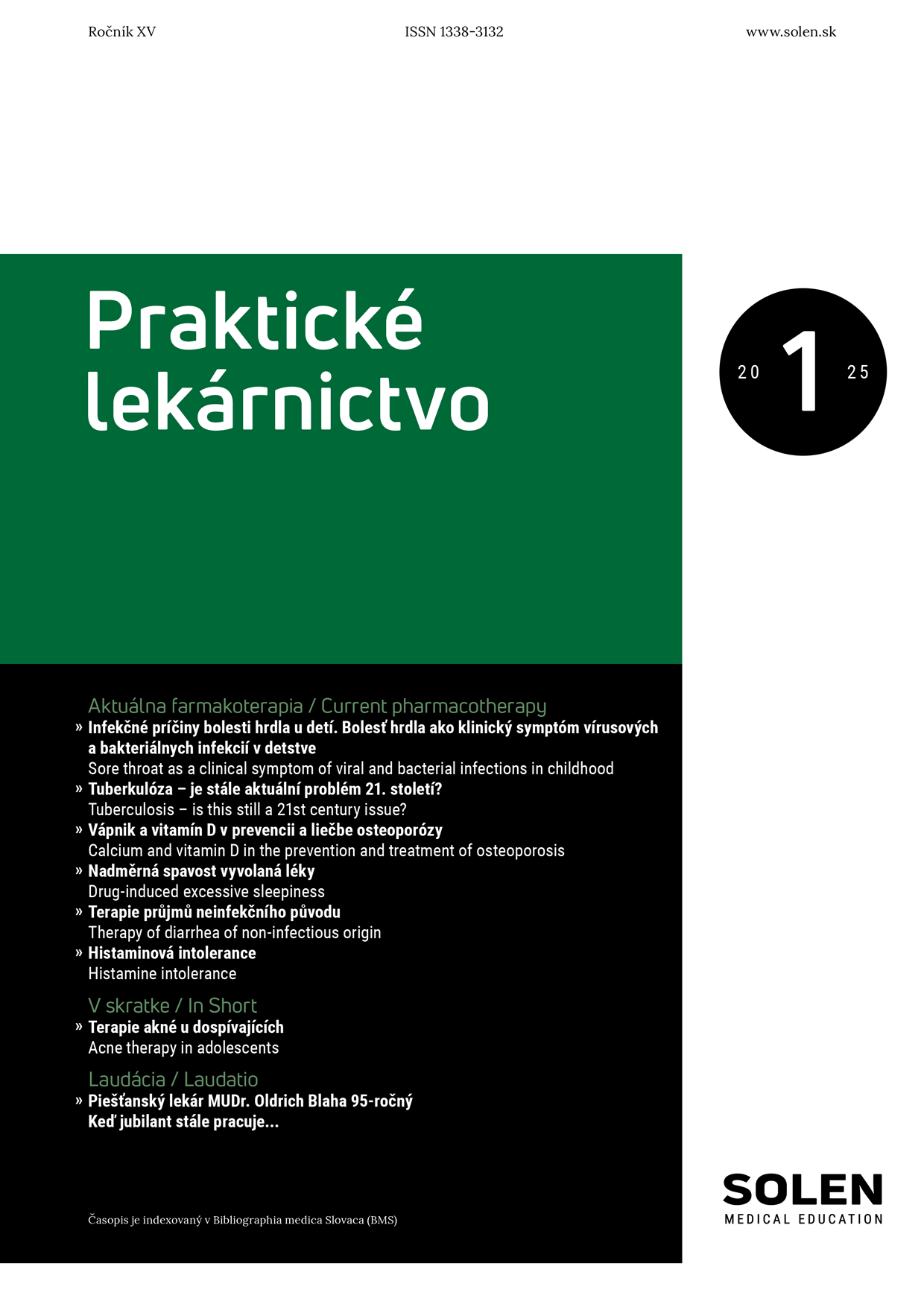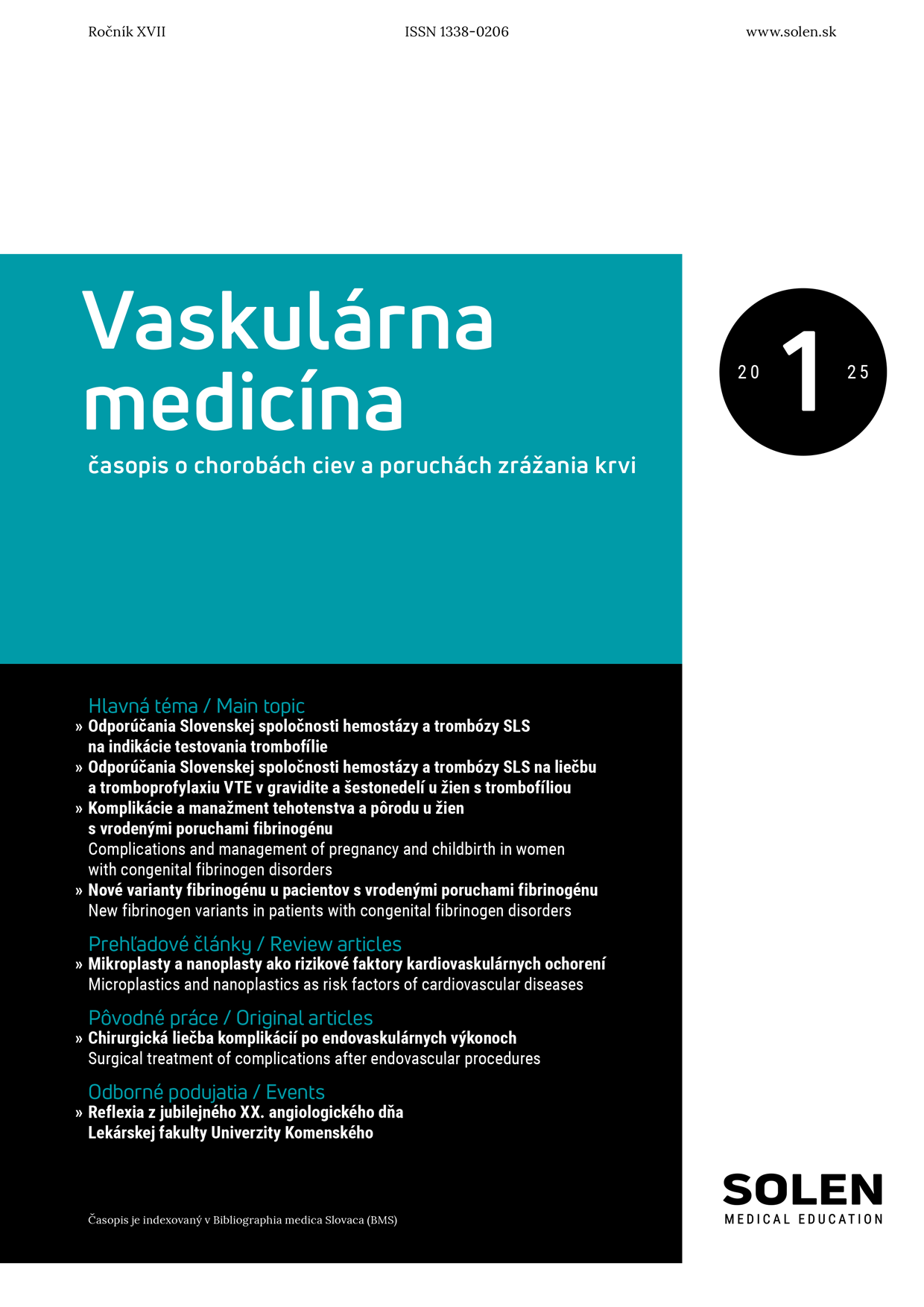Onkológia 5/2013
Chemoterapy of advanced gastric cancer – do we need a new drug?
Gastric cancer is a lethal disease and continues to be the second leading cause of cancer death worldwide. Surgical resection remains the main treatment for early stages with complete resection having the potential for a cure. Unfortunately, most patients with gastric cancer are diagnosed in advanced stages, rendering palliative systemic therapy as the only choice of treatment. The most common chemotherapy combination as a first-line treatment in advanced gastric cancer (AGC) includes a platinum compound and fluoropyrimidine. Fluoropyrimidines have been the backbone in the chemotherapy regimens for the treatment of gastric cancer. Teysuno® (S-1) is a peroral fourth-generation fluoropyrimidine that combines tegafur, which is a prodrug of 5-fluorouracil (5-FU), and two biochemical modulators: 5-chloro-2,4-dihydroxypyridine, a powerful but reversible inhibitor of dihydropyrimidine dehydrogenase that prevents 5-FU degradation, and potassium oxonate, which reduces gastrointestinal (GI) toxicity by inhibition of 5-FU phosphorylation in the GI mucosa. Teysuno® (S-1) is considered, as a single agent as the standard of care in Japan for the adjuvant treatment of resected gastric cancer and in combination with cisplatin in the advanced setting based on level 1 evidence in Phase III trials. S-1 is now widely available and has been approved in European countries with trade name Teysuno® as a first-line treatment for AGC. S-1 is generally well tolerated with a low toxicity profile. It is a novel agent that provides a convenient and safe peroral advantage over intravenous fluoropyrimidine in AGC.
Keywords: gastric cancer, S-1, fluoropyrimidines, cisplatin.


